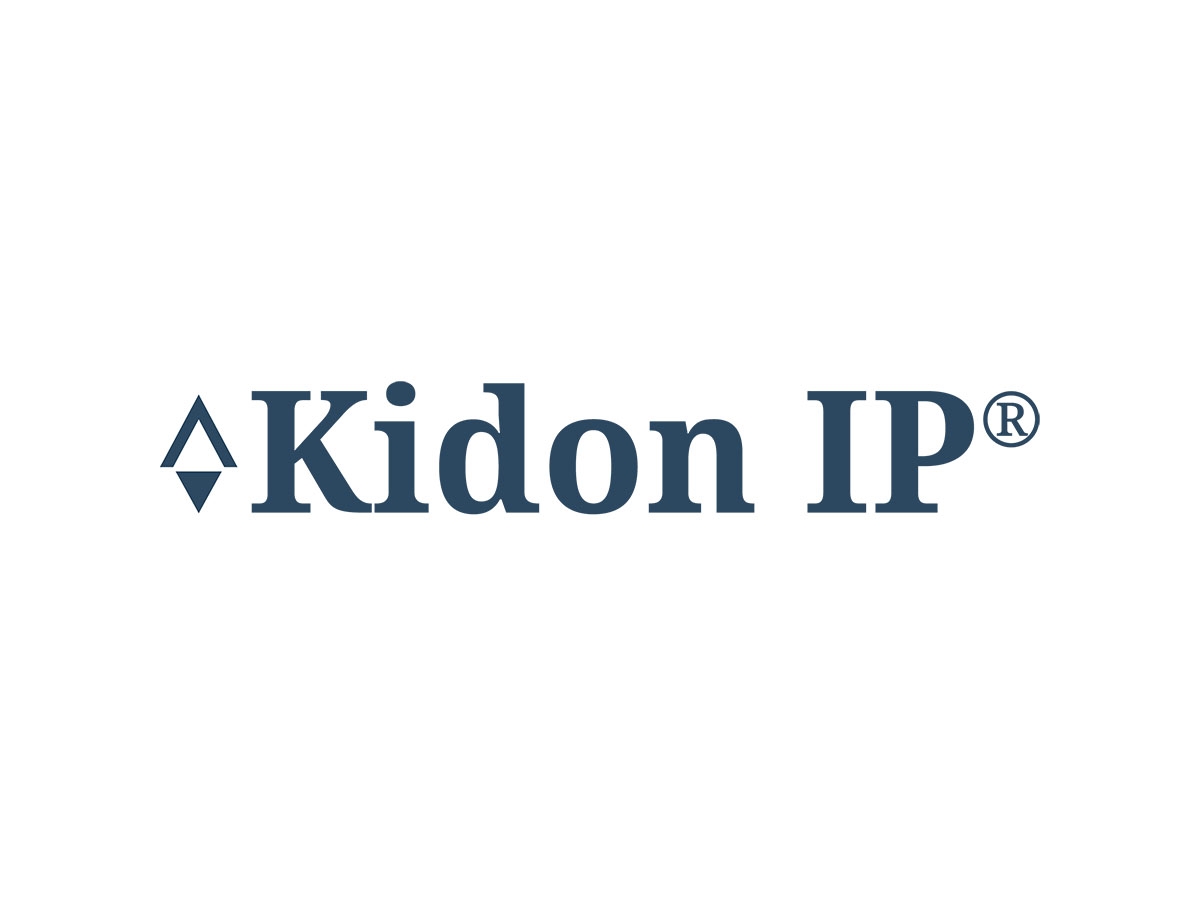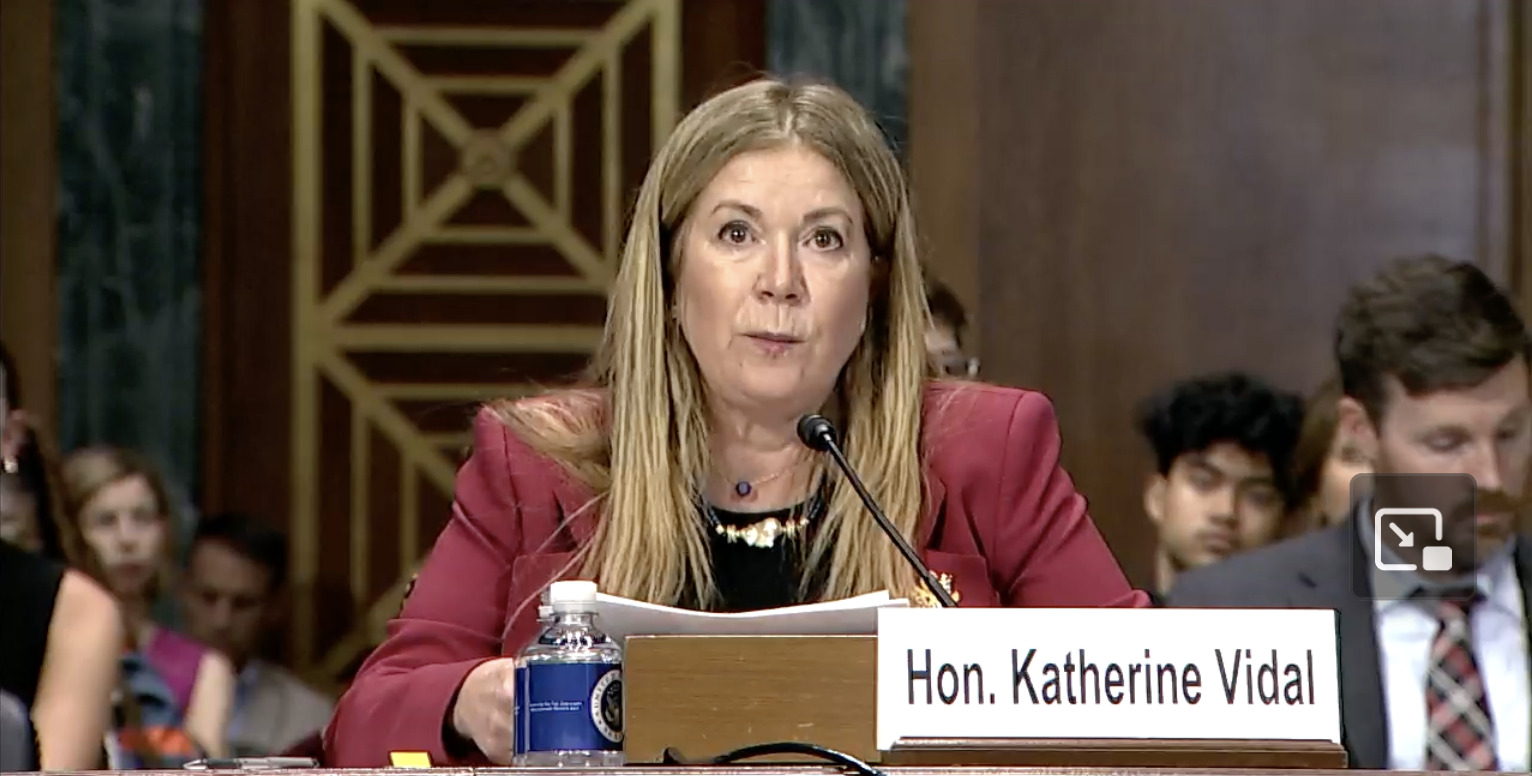Response to the USPTO, The ITA, and NIST call for Public Comments on Standards, Part 7 of 7 | Kidon IP
On November 6, 2023 I submitted a response to the public comments which can be found here. I have also included my comments in full on this blog in a series of posts including the below. The only change in my submission is that for each posts the footnoting was renumbered for just the individual post.
- What can the Department of Commerce do to mitigate emergence or facilitate the resolution of FRAND licensing disputes? Can requiring further transparency concerning patent ownership make standard essential patent (SEP) licensing more efficient? What are other impediments to reaching a FRAND license that the Department of Commerce could address through policy or regulation?
Address hold-out and the failure of many implementers to negotiate in good faith.
- Are there steps that the Department of Commerce can take regarding intellectual property rights policy that will help advance U.S. leadership in standards development and implementation for critical and emerging technologies?
No answer provided.
- Do policy solutions that would require SEP holders to agree collectively on rates or have parties rely on joint negotiation to reach FRAND license agreements with SEP holders create legal risks? Are there other concerns with these solutions.
Yes. The Government should not be encouraging collusion among major oligopolies – whether on the SEP owner or implementer side. If simplified licensing processes are desired, then patent pools like the highly successful ones sponsored by Avanci and discussed above, should be encouraged. But in general, a competitive marketplace in which each licensee negotiates for itself is key.
- What can the Department of Commerce do to help facilitate the efficient resolution of FRAND disputes? What can the Department of Commerce do with the World Intellectual Property Organization and/or standard setting bodies to promote alternative dispute resolution to more efficiently resolve FRAND disputes?
The Department of Commerce should work with companies and SEP owners that are actively involved in the business of licensing SEPs under FRAND and create broad guidelines on acceptable timelines for FRAND negotiation, on a step-by-step basis, where significant compliance will provide a safe harbor of FRAND behavior and deviation from which would be considered prima facie evidence of bad faith negotiations with the potential remedy of losing the affirmative defense of FRAND and thus being subject to injunction and super FRAND royalties. This framework would be akin to the European Huawei-ZTE framework, only more detailed.
Additionally, while non-coercive fora for dispute resolution (e.g., arbitration or mediation) can be useful, in my experience and observation, parties with SEP disputes will only ever use arbitration if they deem it to be their advantage (or if forced to by contract or law). Accordingly, it may be worth exploring creating an incentive via the above guidelines for companies (SEP owners and/or implementers) who opt for efficient and fair dispute resolution.
However, it is important to be careful NOT to get SDOs involved in SEP dispute resolution, its mechanics, and particularities. Doing so will fundamentally change the nature of SDOs by changing the focus from developing world class technology to the much messier business of resolving business disputes between members.[1] Indeed, ETSI, for example, is often described as one of the most successful SDOs in the world.[2] I and many others believe that a large measure of the reason why is that it focuses on its core competency of developing telecommunication-related standards. Other than a high level IPR policy requiring FRAND licensing, ESTI provides little guidance (correctly) to what that might mean in practice.[3] There is a major danger that if governments start imposing requirements on SDOs in the name of efficient resolution of potential disputes, the outcome will not be the end of disputes, but rather the fragmentation of global standards.[4]
Accordingly, any initiatives proposed by the Department of Commerce should be mindful of possibly negative implications for the development of global standards.
[1] See, e.g., David L Cohen, The IEEE 2015 Patent Policy – A Natural Experiment in Devaluing Technology (Kidon IP Blog Aug 12, 2019) available at
[2] See, e.g., Eric Stasik, Global FRAND fragmentation (IAM Oct 21, 2023) available at
[3] ETSI’s Director General issues public statement on IPR policy, (ETSI 3 December 2018) available at
[4] See e.g., Eric Stasik, Global FRAND fragmentation (IAM Oct 21, 2023) supra.
[View source.]






